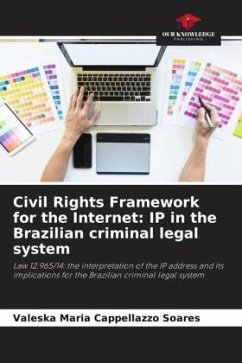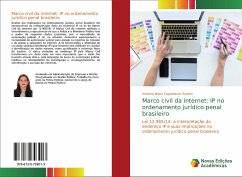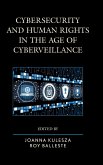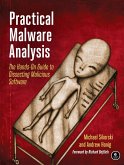Analysis of the implications for the Brazilian criminal legal system as a result of the interpretation given to the IP address in the Marco Civil da Internet law (Law 12.965/14). The Marco Civil da Internet ratified the jurisprudential understanding that the police and the Public Prosecutor's Office have the power to request subscriber data, without the need for judicial authorisation. The law, however, expressly determines the need for judicial authorisation to access connection and access logs to internet applications. The law has bureaucratised the obtaining of a piece of registration data (IP address) that is only useful for helping to identify more extensive data, such as the user's qualifications and physical address. The status attributed to the IP address by the Marco Civil has transformed a piece of data into more important than the end data sought through it and, by imposing the search for judicial authorisation, has slowed down the investigation and, consequently, the identification and punishment of the criminal.
Bitte wählen Sie Ihr Anliegen aus.
Rechnungen
Retourenschein anfordern
Bestellstatus
Storno








